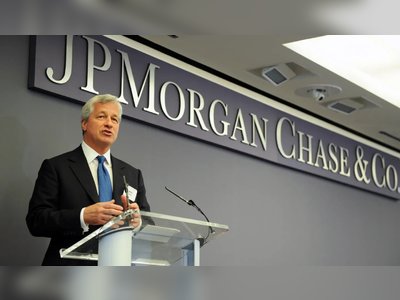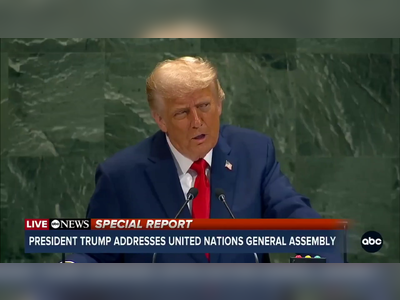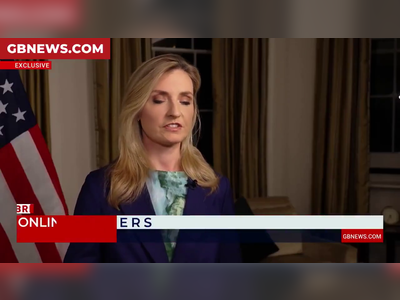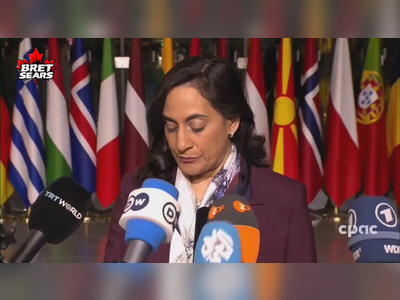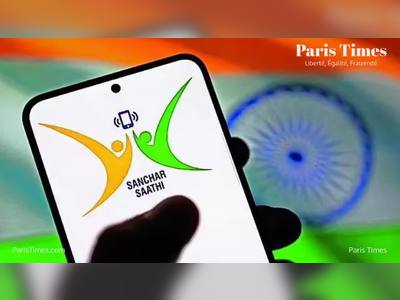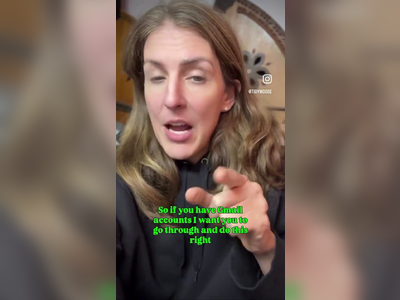Vaccination Campaign Against Chikungunya Begins in Réunion Amid Escalating Epidemic
Authorities launch vaccination efforts as chikungunya cases exceed 20,000 on the island.
A vaccination campaign initiated in Réunion commenced on Monday, April 7, 2024, in response to a chikungunya outbreak that has seen over 20,000 reported cases since the beginning of the year.
The regional health authority (ARS) announced the arrival of 40,000 vaccine doses on the island the previous week.
The population of Réunion is estimated to be 896,200, with the initial vaccination focus on individuals aged 65 years and older, particularly those with underlying health conditions.
These vaccinations will be provided free of charge.
The current outbreak, which began in August 2024, has intensified dramatically, with a significant increase in cases reported throughout the 24 communes of the island.
Health authorities predict that the most critical weeks may arrive soon, with a peak in cases anticipated around mid-April.
As of April 2, nearly 6,000 new cases were documented during the week of March 17-23.
Authorities have confirmed two fatalities linked to chikungunya, involving individuals aged 86 and 96, while additional deaths are under investigation to ascertain their connection to the virus.
The ARS has also identified 31 severe cases, with half occurring among infants.
In response to the escalating health crisis, the Réunion University Hospital has activated a 'plan blanc', a measure that enables the institution to postpone certain medical procedures and recall staff from leave to better manage the influx of chikungunya patients.
The CHU noted a 'significant acceleration' in patient admissions related to chikungunya, which has led to a notable increase in emergency service activity at its facilities in Saint-Denis and Saint-Pierre.
Hospital officials have reported a 'saturation of hospitalization capacities', despite additional beds being opened, and indicated a 'growing strain on human resources', attributed to high absenteeism rates influenced by the virus.
In Mayotte, the chikungunya epidemic is also making progress, with 12 cases reported thus far, although none have required hospitalization.
The first case was identified on March 5, and the first local infection was confirmed by March 26.
The only vaccine currently available is the Ixchiq vaccine produced by Valneva, which received European market authorization in June 2024. However, as the pharmaceutical company had not previously sought reimbursement from health insurance, the vaccine's cost was initially borne by patients, estimated at around 250 euros.
To mitigate the epidemic's impact and decrease severe illness cases, the Ministry of Health announced exceptional funding measures in early March, making the vaccine free for the identified at-risk groups targeted in this vaccination campaign.
Currently, the impact of chikungunya on Réunion is considerably less severe than during the 2005-2006 epidemic, which infected approximately 260,000 individuals—over a third of the population—and resulted in more than 200 deaths.
The regional health authority (ARS) announced the arrival of 40,000 vaccine doses on the island the previous week.
The population of Réunion is estimated to be 896,200, with the initial vaccination focus on individuals aged 65 years and older, particularly those with underlying health conditions.
These vaccinations will be provided free of charge.
The current outbreak, which began in August 2024, has intensified dramatically, with a significant increase in cases reported throughout the 24 communes of the island.
Health authorities predict that the most critical weeks may arrive soon, with a peak in cases anticipated around mid-April.
As of April 2, nearly 6,000 new cases were documented during the week of March 17-23.
Authorities have confirmed two fatalities linked to chikungunya, involving individuals aged 86 and 96, while additional deaths are under investigation to ascertain their connection to the virus.
The ARS has also identified 31 severe cases, with half occurring among infants.
In response to the escalating health crisis, the Réunion University Hospital has activated a 'plan blanc', a measure that enables the institution to postpone certain medical procedures and recall staff from leave to better manage the influx of chikungunya patients.
The CHU noted a 'significant acceleration' in patient admissions related to chikungunya, which has led to a notable increase in emergency service activity at its facilities in Saint-Denis and Saint-Pierre.
Hospital officials have reported a 'saturation of hospitalization capacities', despite additional beds being opened, and indicated a 'growing strain on human resources', attributed to high absenteeism rates influenced by the virus.
In Mayotte, the chikungunya epidemic is also making progress, with 12 cases reported thus far, although none have required hospitalization.
The first case was identified on March 5, and the first local infection was confirmed by March 26.
The only vaccine currently available is the Ixchiq vaccine produced by Valneva, which received European market authorization in June 2024. However, as the pharmaceutical company had not previously sought reimbursement from health insurance, the vaccine's cost was initially borne by patients, estimated at around 250 euros.
To mitigate the epidemic's impact and decrease severe illness cases, the Ministry of Health announced exceptional funding measures in early March, making the vaccine free for the identified at-risk groups targeted in this vaccination campaign.
Currently, the impact of chikungunya on Réunion is considerably less severe than during the 2005-2006 epidemic, which infected approximately 260,000 individuals—over a third of the population—and resulted in more than 200 deaths.
